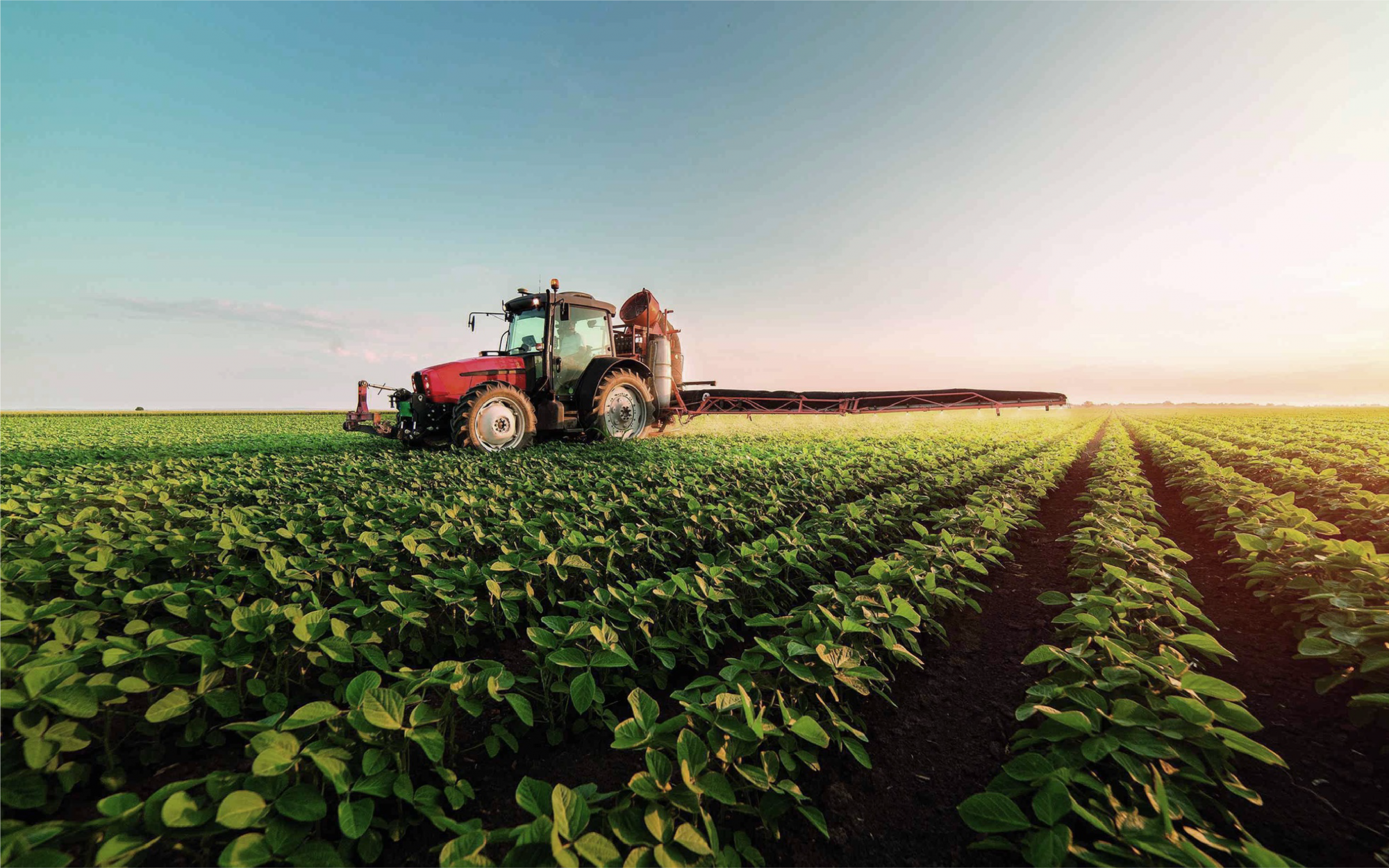Brazilian agribusiness is a powerhouse. There's no question about that. But among the players in this crop, there are still few who manage to attract major investors, especially international ones.
The number has been rising since 2020, the year that became known as the boom in Brazilian agribusiness IPOs. What can these brands, which are already on the stock exchange, teach others?
What not everyone discusses openly is that IPOs are not restricted to businesses that are large in size, but rather to large businesses - those that are already well-structured, tested, with a well-defined market differential and the capacity to receive investment.
"Funds are generally looking for a company that already has a proven business model and is at the most advanced stage of its development," explains Mário Mafud, vice-president of GEF Capital Partners for Latin America.
Investors looking to the future
Another important point is that, today, you can't talk about attracting investors to agribusiness without talking about ESG, the acronym for "Environmental, Social and Governance". Used by the UN since 2005, the acronym has gained momentum in every corner of the planet following the start of the current pandemic context in 2020.
Since then, the majority of investors have started to consider ESG investment in a significant way - more precisely 77%, according to a global survey by MSCI. "Today, the consumer is increasingly attuned to what the company is transmitting and how it produces it," recalls Mário Mafud.
The main change in attracting investment is that, with ESG, in addition to considering financial ratios, investors are much more concerned about a company's environmental, social and governance factors.
A study by Ernst & Young Global (EY) released in 2021, for example, shows that a large part of the consumer population is already concerned about good environmental practices throughout the food and energy production chain. According to the global consultancy, the same behavior is repeated in the United States. "Consumers no longer accept being a passive element in the agribusiness production chain, be it food, fiber, fuel or energy. They want to know where the product came from, how it was produced and the impacts on the entire chain, from the source to the table or the fuel tank of the vehicle," explains Alexandre Rangel, leader of EY's Agribusiness Center of Excellence.
To make you think
If you're interested in this subject, our report O agro que marca: tendências e reflexões para marcas protagonistas do agonegócio brasileiro can provide other good insights on attracting investors, digital transformation, innovation, branding and much more.
[:]